Foreign interference behind violent unrest in Kazakhstan, analyst tells Press TV
A political commentator says foreign agents and insiders with Kazakhstan’s security service were responsible for the violent anti-government protests that rocked the former Soviet nation earlier this month.
“Kazakhstan’s security system has been infiltrated by elements, who have no concerns for the country’s problems as there were attempts aimed at influencing the process from abroad during the first days of protests,” Leonid Savin, who is a Member of the Military-Scientific Society of the Russian Ministry of Defense and also chief editor of Geopolitica.ru website, told Press TV in an exclusive interview on Saturday.
He added that fugitive Kazakh oligarch Mukhtar Ablyazov was the one who encouraged the riots from Ukraine.
“Crowds of ordinary people cannot organize attacks on governmental buildings and strategic sites in Almaty in such an effective way. They had been coordinated by professionals. Snipers were also involved,” Savin noted.
The journalist and geopolitical analyst highlighted that certain Western countries could be suspected to have played a major role in Kazakhstan’s deadly protests.
“At political level, we need to pay attention to contacts of [former president Nursultan] Nazarbayev’s family with the United Kingdom. Many British companies wok in Kazakhstan and vice versa. Members of the Nazarbayev family have properties and bank accounts in the UK. Given the fact that Kazakhstan is a founder and member of the Eurasian Economic Union, the West would tend to create some chaos in region,” Savin commented.
He emphasized that Kazakhstan’s unrest could have posed serious consequences for Russia if it had dragged on.
“Russia has many special interests like the Baikonur Cosmodrome, some polygons for the test launch of military systems as well as military communications hubs, all of which make Kazakhstan very important from a strategically military point of view,” the analyst highlighted.
Kazakh authorities say the recent “foreign-backed” violence has left at least 225 people dead across the oil-rich Central Asian country.
Mass protests began in Kazakhstan’s western province of Mangistau in early January after the government decided to lift price controls on liquefied petroleum gas (LPG) — a move that roughly doubled gas prices in a matter of days.
The protests spiraled into unprecedented clashes between security forces and protesters, and prompted President Kassym-Jomart Tokayev to declare a state of emergency and call in help from a Russia-led military alliance.
Authorities said earlier this week that life had returned to normal in the country’s main city and former capital, Almaty.
Kazakhstan is a major oil and uranium producer. Authorities have said the unrest is foreign-backed and aims to "undermine the security and integrity of the state by force, using trained and organized armed formations."
The country is on the crossroads of China’s $1.5 trillion Belt and Road Initiative that has won over the support of developing countries all over the world, but ruffled feathers in the West, which has been searching for an alternative. The Central Asian country is also part of the China-led eight-member bloc, the Shanghai Cooperation Organization (SCO), which includes Iran, Russia, India and Pakistan.
The unrest is seen as an attempt by foreign parties to provoke “color revolutions” in the ex-Soviet country, modeled on the “Rose Revolution” in Georgia and the “Orange Revolution” in Ukraine, which Russia has blamed on the West.
Iran develops ‘surgical assistant’ device detecting breast cancer in 15 seconds
Settlement construction plans in al-Quds violate international law: Hamas
UN expert: Israel-Egypt gas deal violates intl. law amid genocide in Palestine
VIDEO | Hunger strike ends 2025
Israeli troops launch ground incursions in southwestern Syria, set up checkpoints
VIDEO | Russian President Putin says ball in Ukraine’s court to end war
VIDEO | Israel tries to pin Sydney attack on Iran
US pitches ‘Project Sunrise’ to rebuild Gaza as high-tech coastal metropolis: Report


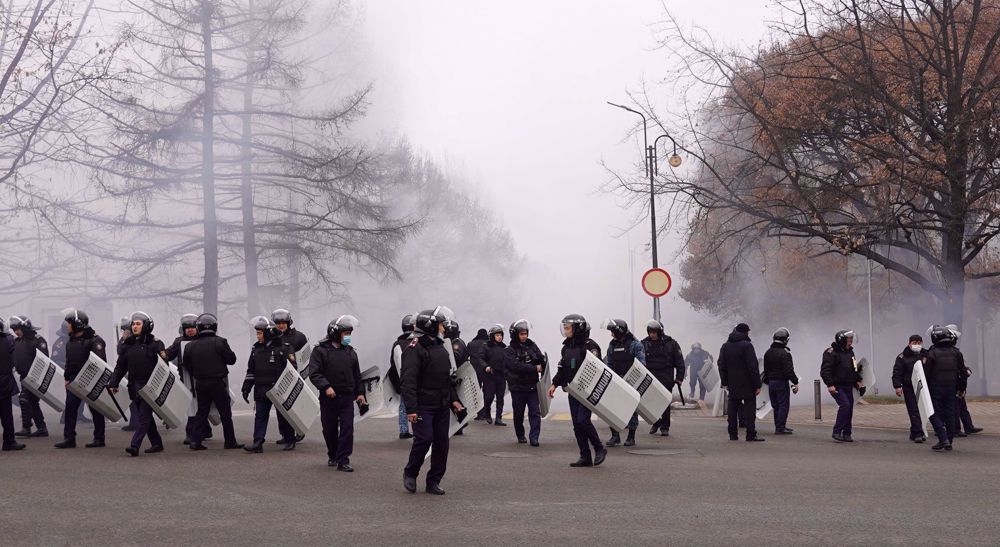
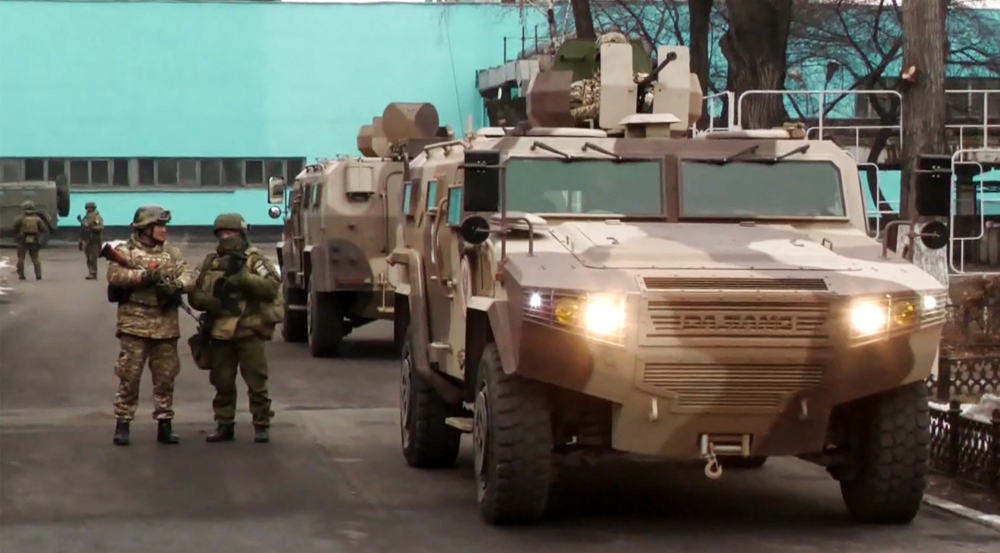
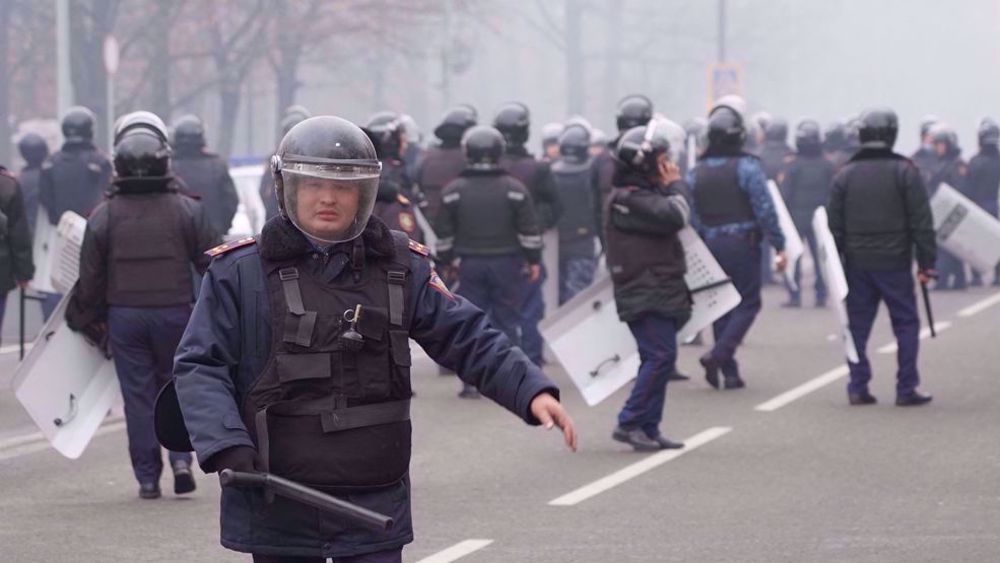
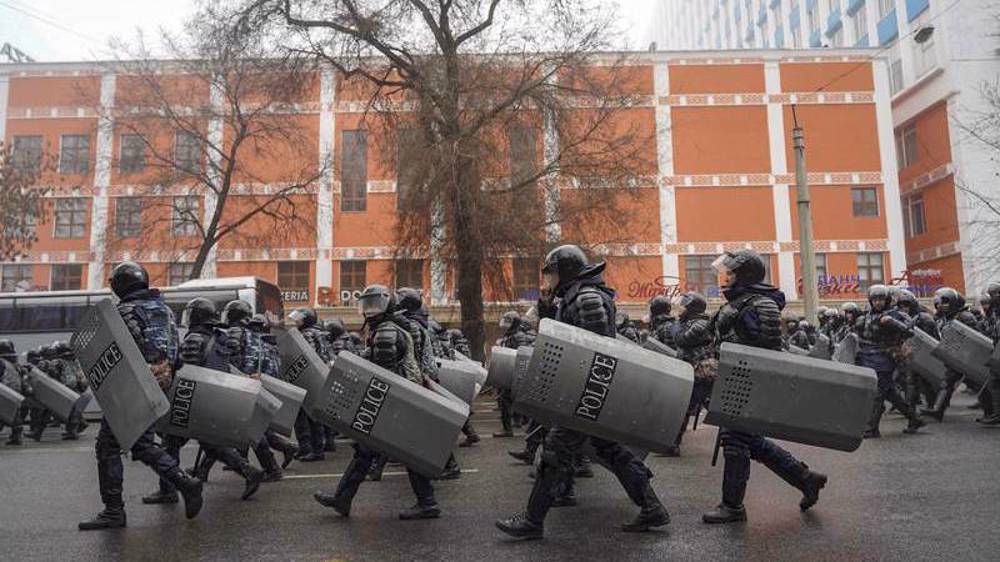
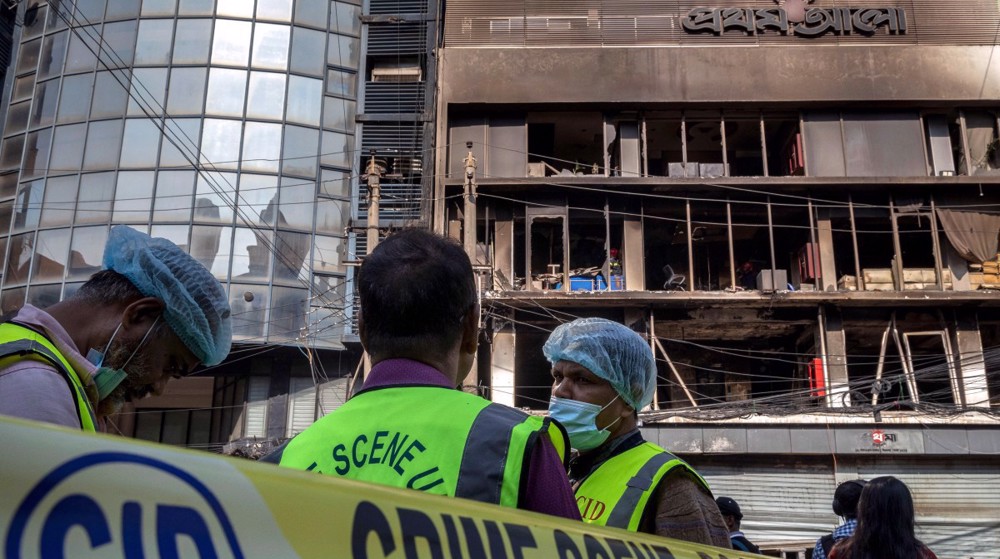

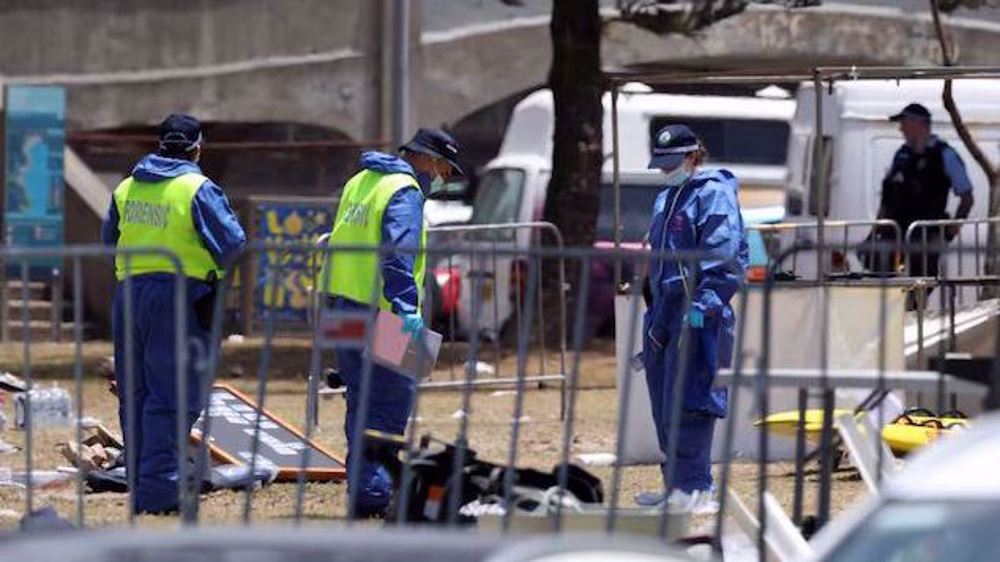



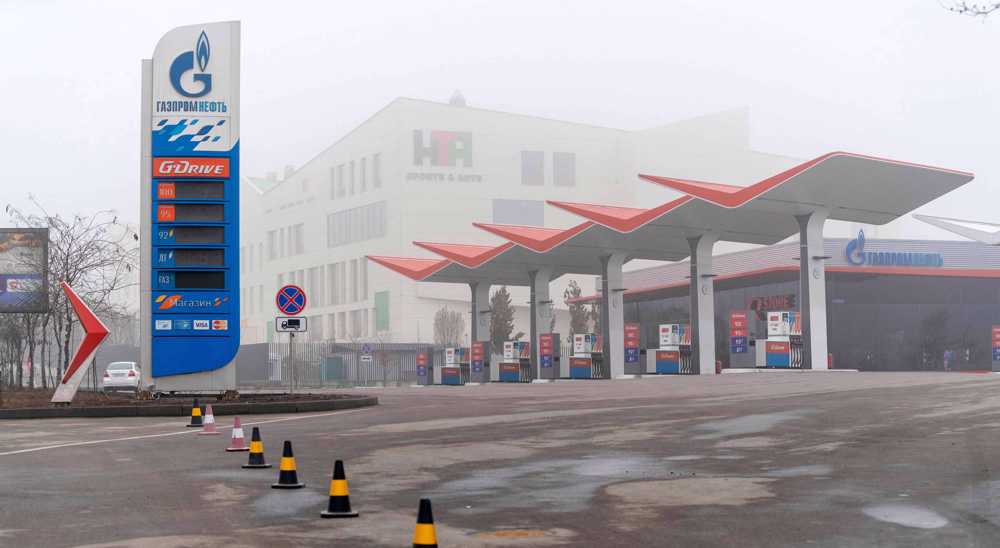
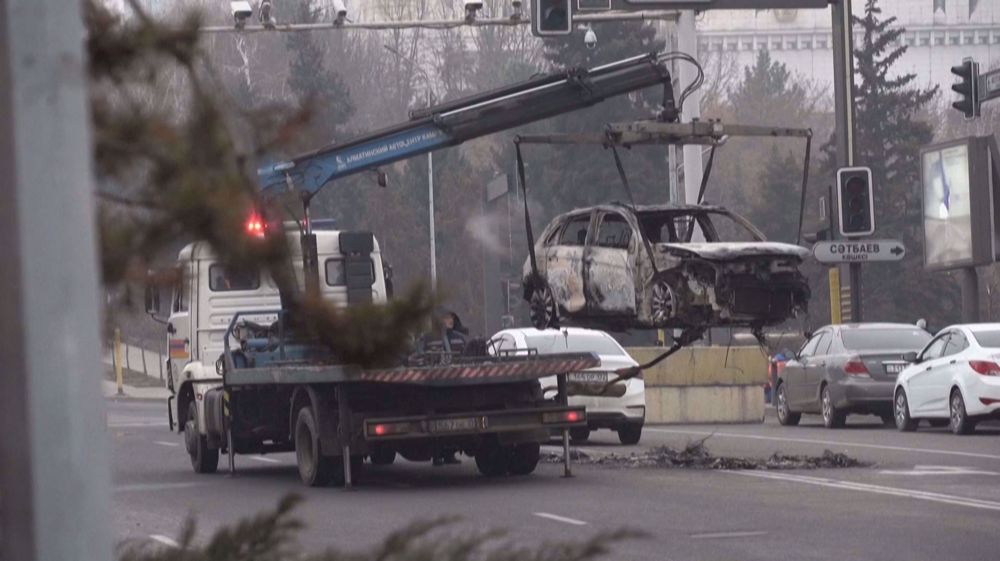
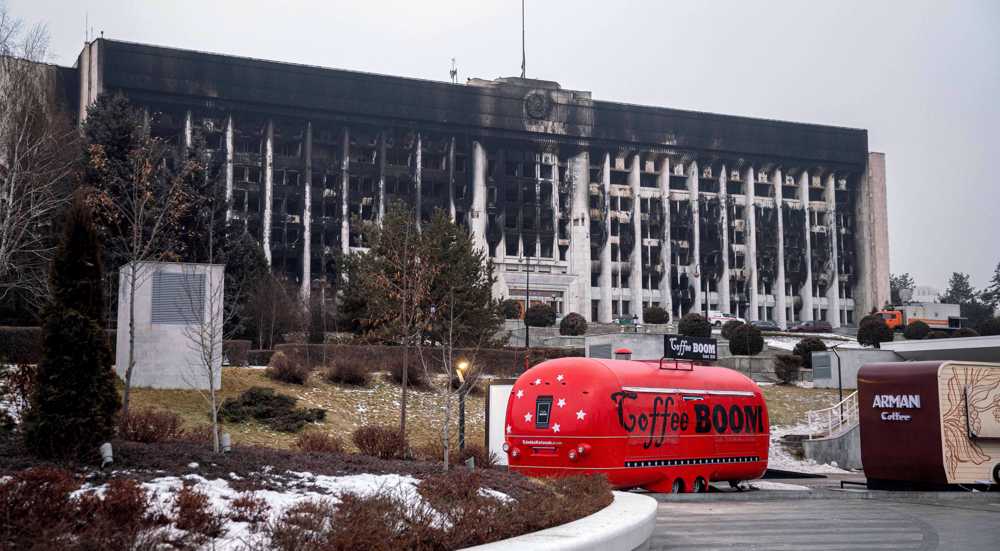
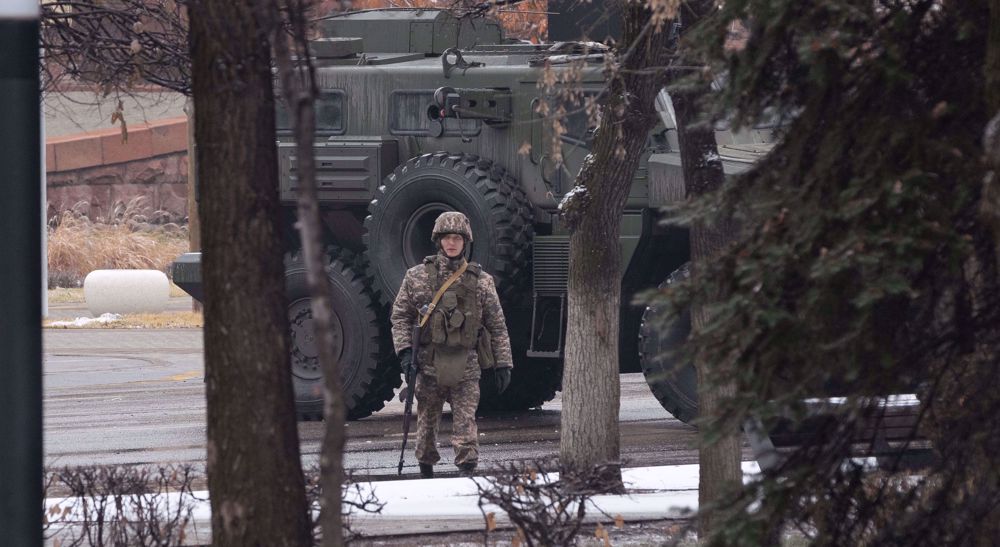
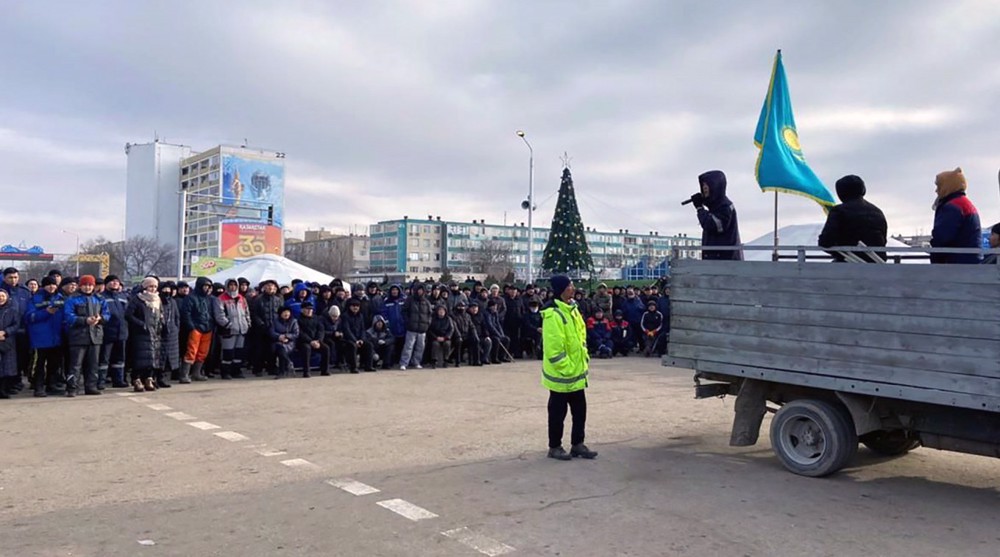

 This makes it easy to access the Press TV website
This makes it easy to access the Press TV website